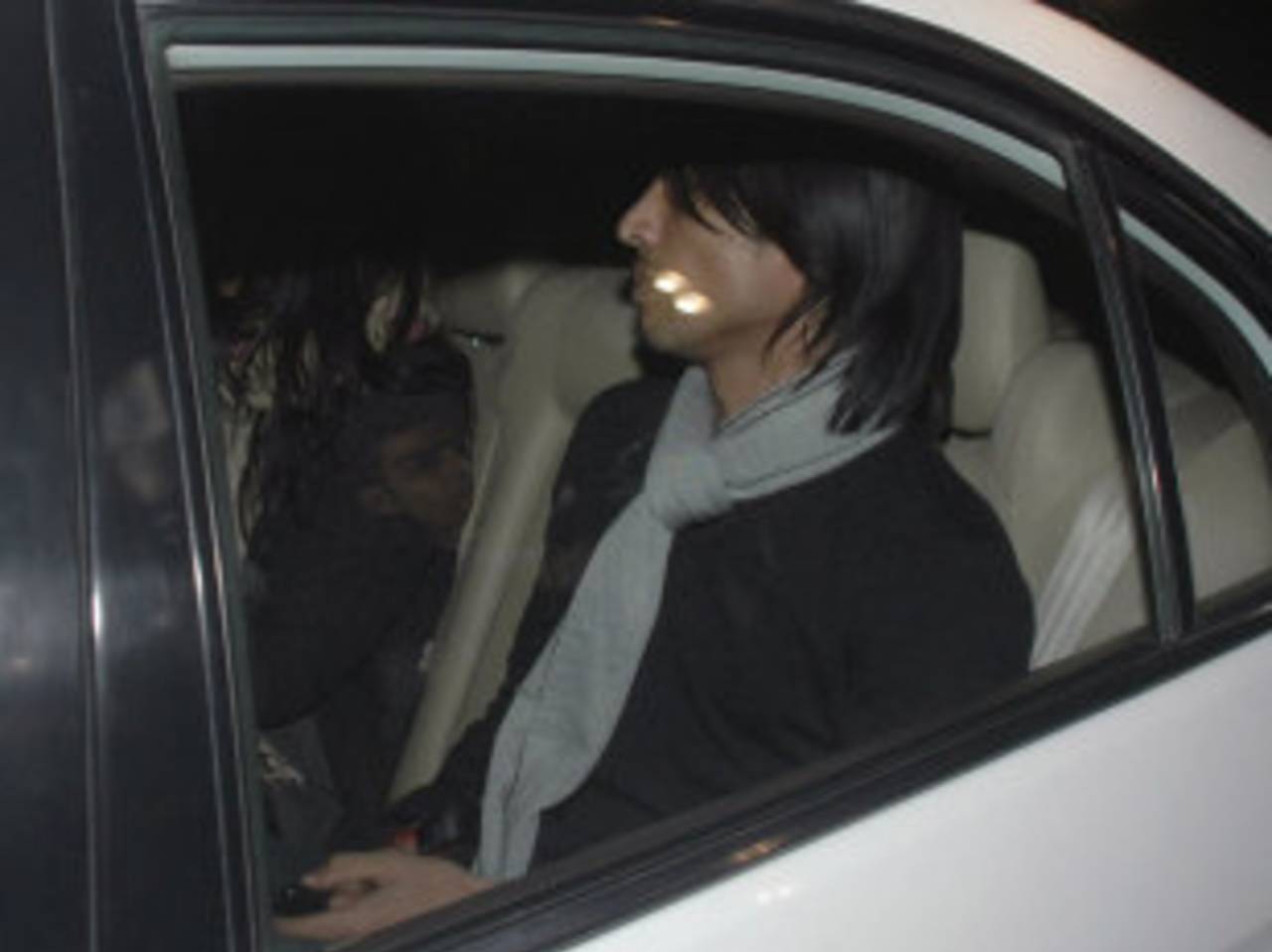The ICC has approved changes to its anti-corruption code which will allow banned players to return to domestic cricket before the end of their penalty if they meet certain criteria.
The amendments have been previously
discussed by David Richardson, the ICC chief executive, and were ratified at the latest board meeting in Dubai.
They are currently most relevant to the Pakistan trio of
Mohammad Amir,
Salman Butt and
Mohammad Asif who were banned for their parts in 2010 spot-fixing case at Lord's. However, of the three only Amir, who is currently 22, appears to have a decent chance of being allowed to return before his ban ends in September 2015.
The PCB has previously been in discussions with the ICC over relaxing Amir's ban which momentarily prompted talk of an unlikely return for the 2015 World Cup but the player himself
admitted that was not realistic but will now hope to at least be able to return to a cricket pitch ahead of next September.
"The revised Code makes provision for a banned player to gain an early return to domestic cricket in certain circumstances," the ICC chairman N Srinivasan said. "When exercising his discretionary powers in this regard, however, the Chairman of the ACSU will consider a number of factors, including the level of remorse shown by the player, his/her cooperation with the ACSU's education programme and/or if the player has helped the ACSU by disclosing all information that, in turn, has helped it to enforce the Anti-Corruption Code in respect of others engaged in corruption conduct."
Butt was handed a 10-year ban with five years suspended and Asif seven with two years suspended. The pair will be 31 and 32 respectively next September but there are doubts as to whether they have complied with all the conditions of their suspended bans.
Other amendments to the anti-corruption code including giving the ICC the ability to suspend players for other "exceptional circumstances" - such as when charged by police - and also for players to voluntary suspend themselves after being charged under the Code, but who have yet to be suspended by ICC, and the period of that voluntary suspension would be credited towards the ultimate ban should a player be found guilty.
An option has also been introduced to allow a player to admit an offence early in the process and agree a penalty to avoid the need for a full tribunal.
